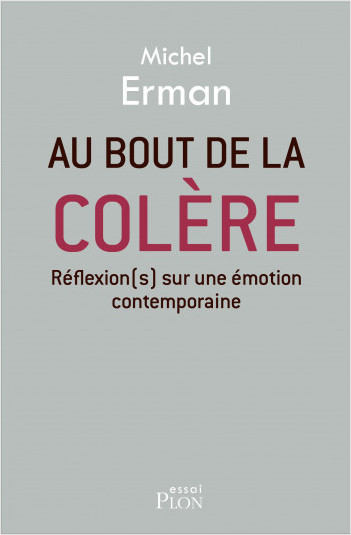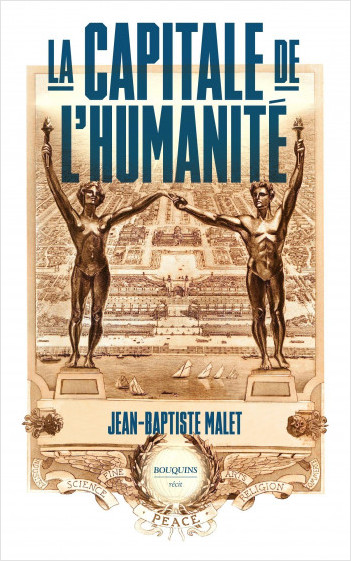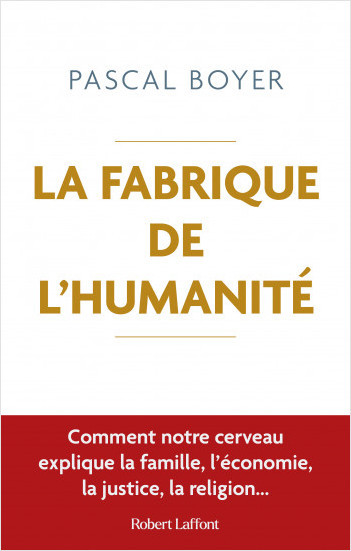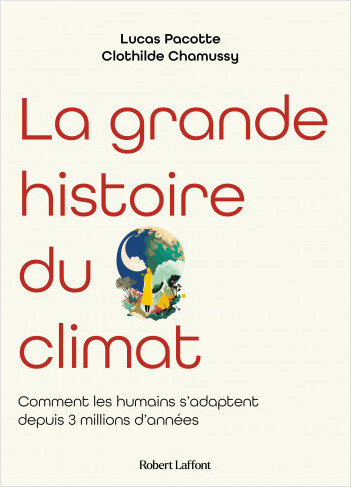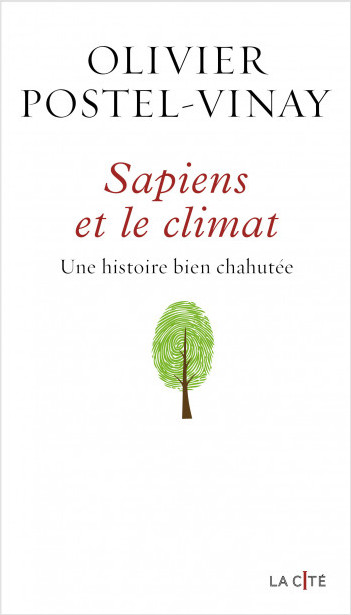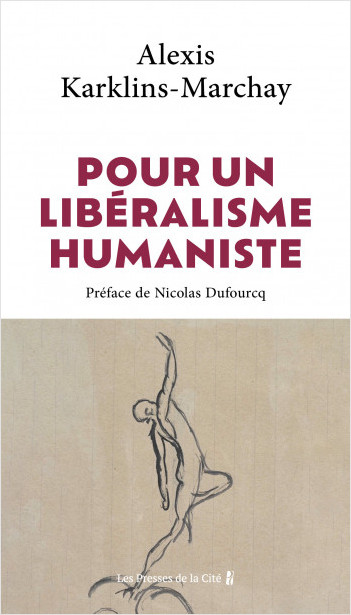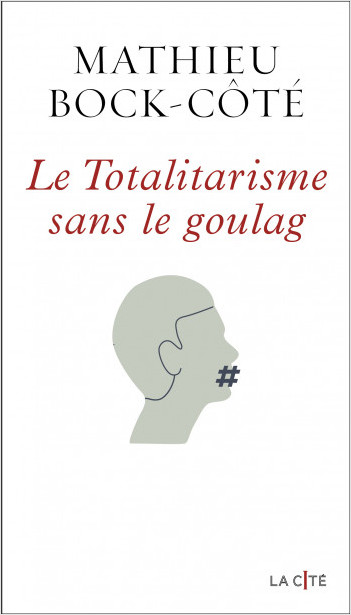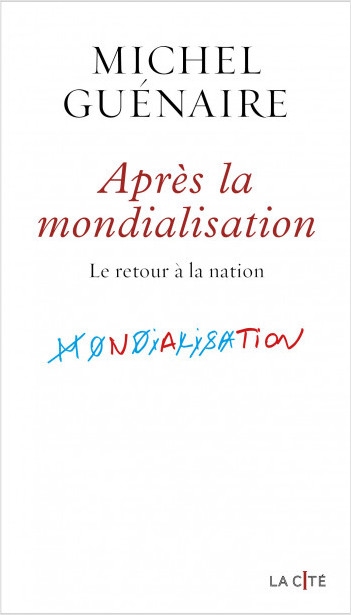Offre valable pour toute nouvel abonné simultané aux newsletters « Lisez » et « Lizzie », sélection à opérer sur le site des éditions Lizzie (www.lizzie.audio) à partir d’un code de téléchargement valable pour une durée de 2 mois après réception du code, et nécessitant la création obligatoire d’un compte.
En renseignant votre email pour l’inscription aux newsletters Lisez et Lizzie, vous acceptez son traitement par Sogedif, les éditions Lizzie (société Univers Poche) et les maisons d’édition du groupe Editis, afin de recevoir des actualités des éditions Lizzie et de l'ensemble des maisons d’édition du groupe Editis. Vous pourrez vous désinscrire à tout moment à partir du lien de désinscription présent dans chaque email. Pour en savoir plus sur le traitement de vos données et sur vos droits, nous vous invitons à lire notre Politique de confidentialité. Retrouvez toutes les maisons d’édition du groupe Editis
ici.


 Abonnez-vous à notre newsletter pour suivre l’actualité de vos auteurs préférés.
Abonnez-vous à notre newsletter pour suivre l’actualité de vos auteurs préférés.








